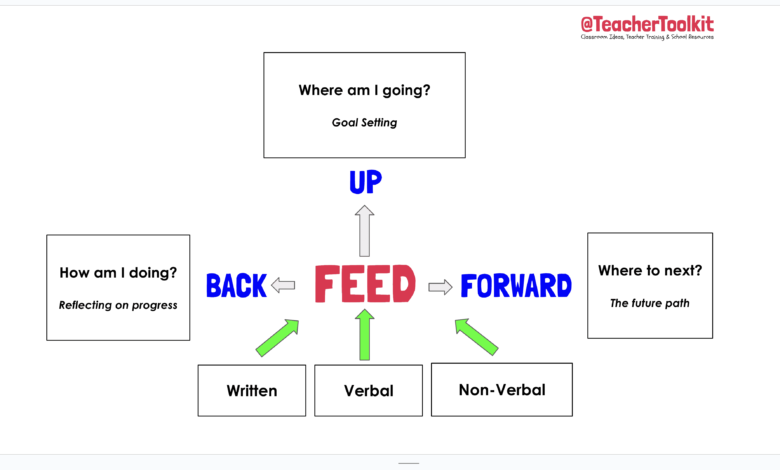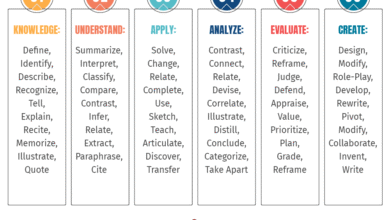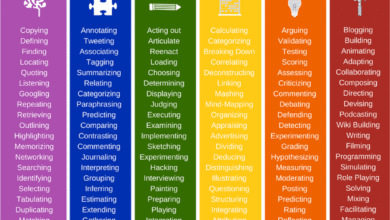Live Marking and Verbal Feedback

Is ‘live marking’ truly reducing the burden of written marking in our classrooms?
Verbal feedback, with its immediacy and high student engagement, is a powerful tool for managing classroom dynamics and alleviating the burden of written marking. Its benefits extend beyond the academic realm, influencing student motivation and behaviour.
The popular assessment phrase of the day is ‘live marking’, but is it enough to reduce teacher workload and help students progress?
Live marking includes sitting beside students and providing formative assessment, including verbal feedback.
When I work with teachers and we unpack the burden of marking, the above topics are always on the agenda.
However, all teachers tell me they provide verbal feedback, but they struggle to articulate their methodology when I ask them to describe their verbal feedback technique.
What is your Verbal Feedback methodology?
Having structured conversations with students allows one to discuss how a student’s work can be improved. This also reduces workload and allows teachers to automate the process repeatedly.
When the conversation is considered alongside crafted questions to engage students in a dialogue, teachers can provide students with opportunities for immediate clarification and deeper understanding (Guide to Questioning, McGill, 2023).
This is what adaptive teaching can look like in the classroom: responding to students’ needs.
How do we evidence that Verbal Feedback adds value?
Teachers need to have a structured methodology that they can automate time and time again.
One key question that emerges is ‘How do we evidence verbal feedback for quality assurance processes?’
Well, you will be pleased to know I’ve already covered that in the Verbal Feedback Project, commissioned by UCL, Associate Professor Mark Quinn and I; we set about working with 13 secondary state school teachers from seven disadvantaged state schools, across the subject range (McGill and Quinn, 2019).
Taking it one step further, what do you know about Verbal Feed Up and Verbal Feed Forward? That is something I will explain in future blog posts…
Six years later, Guide To Feedback might question everything that you currently know about marking and feedback into touch!



